History
Curriculum intent
The intention in our study of History is to bring the four filters of our school’s core curriculum to life:
DELIVERING ENGAGING AND MEMORABLE EXPERIENCES - We engage children in their education and help them to be responsible for their successes and achievements both academically and socially
Teachers ensure there is a clear hook and outcome for each area of History studied, using a six-step enquiry model. We believe children should be active in their learning and we therefore ensure a range of teaching strategies to develop and embed conceptual understanding. Through the six-step enquiry model, we plan interactive and engaging lessons, which maximise opportunities for children to learn in real life contexts.
APPLYING SKILLS IN PRACTICAL AND PURPOSEFUL CONTEXTS - Children will have the ability to relate their study to the environment they live in and the experiences they enjoy
We encourage the children to analyse and compare past events and challenge their own and others’ views using historical evidence. We plan exciting school visits to provide children with experiences that develop their understanding of historical contexts within our local surroundings and provide broad opportunities that complement and build on those within the school setting.
PROMOTING A LEARNING CULTURE - The children will feel empowered to learn independently, and will become unafraid of challenge or initial failure
Children learn to have a desire to embrace challenging activities, and to learn independently, including opportunities to undertake high-quality research across a wide range of historical topics. Through their learning, they are given the ability to think, reflect, debate, discuss and evaluate the past by formulating and refining questions and lines of enquiry. We ensure they consider and evaluate from a variety of sources and through our choices of key historical figures to study, we learn about and celebrate diversity.
MAKING MEANINGFUL CONNECTIONS - The children will build a developed sense of awareness and connectivity with the wider world.
Through the use of timelines, we give children the context of key historical events and how those events shaped today’s world. Teachers consider questions such as ‘Why this?’ and ‘ Why now?’ to ensure that learning is made relevant. Throughout the school, locality is a golden thread, which we build upon cyclically.
Implementation
Teachers plan from the National Curriculum objectives, alongside progression of skills to ensure appropriate coverage of knowledge and skills throughout the year groups.
Historical topics are chosen based on what is relevant to the children and their locality. These then lead into our Golden Threads, which are continuously revisited to deepen understanding in this area. We also focus in the implementation of our curriculum on chronology, to ensure children understand how historical events have unfolded and how they relate to each other. We do this by using timelines, in and out of the school, including a personalised timeline which incorporates all historical time periods taught, with opportunities to interact and add key events that the children encounter when studying that period.
With mixed year classes, we recognise that the knowledge needed by different aged children varies. We have therefore identified areas of key learning that children need to know and understand in each topic for each year group. Lessons are differentiated to suit the individual needs of the learners and tasks are adapted to ensure coverage of the key knowledge and skills identified for each year group.
Impact
By the time children leave West Tytherley Primary School at the end of Year 6, they are equipped with:
An excellent knowledge and understanding of people, events and contexts from a range of historical periods
An understanding of how history has changed and shaped their lives. For example, they will have insight into how power and democracy have shaped the world they live in today.
The ability to think critically about History and communicate ideas confidently for a range of audiences.
A developing sense of curiosity and inquisitiveness about the past.
A love of History.
Progression of skills
We aim to ensure appropriate coverage of knowledge and skills throughout the year groups. We embrace progressive, cyclical learning to deepen the children’s understanding each time.
From a review of our History curriculum, we have mapped out how children can revisit and build on prior learning to develop their skills and understanding. Topics are chosen based on their relevance to the children and their locality. These then lead into our Golden Threads, which are continuously revisited across school activities.

